Date and time
Sunday, November 10 · 2 - 6:30pm GMT+7
Location
True Digital Park West
111 Sukhumvit Rd, Bang Chak, Phra Khanong, Bangkok 10260, Thailand
The CryptoBit Mag team will be there—come say hello!
Here are the top 10 finalists
Note: info is tentative and subject to change.
Authencity.io

Authencity.io is a decentralized social platform where users can anchor their identity onto the Ethereum blockchain, ensuring permanent ownership and control over their digital communications. It allows users to mint their posts as NFTs, thereby securing the authenticity and ownership of their content. The platform aims to provide a censorship-resistant environment for social interaction, leveraging blockchain technology for user security and privacy.
- Blockchain Anchored Identity: Users can anchor their name and social profile onto the Ethereum blockchain for permanent ownership.
- Censorship Resistance: Posts minted as NFTs cannot be deleted or modified, promoting free speech and data control.
- Monetization of Content: Users can potentially monetize their content directly through the platform, with a small fee retained by Authencity for transactions.
- Decentralized Communication: Encourages a decentralized approach to social media, where users' communications are owned by them.
- Engagement and Rewards: Users might gain tokens (AUTH) for their publications, incentivizing content creation and engagement.
- Privacy and Security: Emphasizes user control over data, leveraging blockchain for security without the need for extensive server-based data storage.
- Community Building: Fosters a community where creators and their supporters can interact in new ways, like backing creators with tokens.
zkBTC
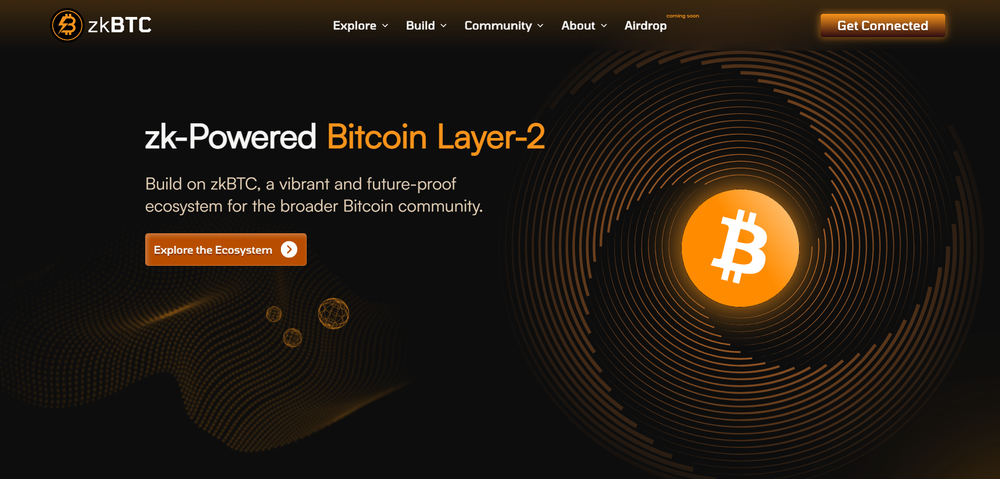
zkBTC is described as a modern Web3 ecosystem designed for Bitcoin, functioning as an EVM (Ethereum Virtual Machine) Layer-2 chain. It leverages Polygon's zero-knowledge-powered zkEVM technology to enhance scalability and performance, aiming to expand Bitcoin's functionality while adhering to its core principles. This platform seeks to provide a scalable, future-proof environment for Bitcoin, Ordinals, Runes, and BRC-20 tokens, facilitating innovation and growth in the Bitcoin community.
- EVM Layer-2 Chain: zkBTC is designed as an Ethereum Virtual Machine (EVM) compatible Layer-2 solution, enhancing scalability and performance for Bitcoin.
- Utilizes Polygon zkEVM: Leverages Polygon's zero-knowledge Ethereum Virtual Machine for superior transaction throughput and fee modeling.
- Bitcoin Ecosystem Expansion: Aims to expand Bitcoin's functionality by supporting Ordinals, Runes, and BRC-20 tokens, fostering innovation within the Bitcoin community.
- Future-Proof Scaling Solution: Addresses the demand for higher throughput, new use cases, and smart contract capabilities while adhering to Bitcoin’s foundational principles.
- Decentralized and Secure: Focuses on providing a scalable environment with Bitcoin's security, without performance or functionality constraints.
- Developer Friendly: Encourages developers to build applications by offering tools and infrastructure tailored for Bitcoin-centric assets.
- Community Engagement: Active on social platforms like X, where discussions around zkBTC features and developments are shared.
https://www.zkbtc.com/
*Note that ZKBTC is now LitVM on the Litecoin blockchain.
MFF Game

MFF is a mobile game that uniquely combines elements of football, strategy, and tycoon gameplay. Players manage their own football club, engage in strategic competitions against rivals, and aim to achieve legendary status within the game's universe. It features immersive gameplay where you can build your team, make tactical decisions, and navigate the complex world of football management with a twist of mafia-like elements.
- Genre Fusion: Combines soccer, strategy, and tycoon elements in a unique mobile gaming experience.
- Club Management: Players manage their own football club, making strategic decisions to elevate their team.
- Rivalry and Competition: Engage in matches against rival clubs, aiming to outplay and outsmart opponents.
- Legendary Status: Players work towards becoming legendary within the game, building a legacy for their club.
- MFF Play: Offers exclusive content for subscribers like behind-the-scenes material, interviews, and live match streaming.
- Accessibility: Available on mobile devices, making it convenient for players to engage with the game anytime.
- Community Engagement: The game encourages player interaction through features like daily quests and competitive modes.
- Updates and Additions: Regular updates might include new gameplay mechanics, characters, or strategic elements to keep the game fresh.
Capa

Capa.fi is a platform that offers a simple and quick way to buy cryptocurrencies in Latin America, directly transferring the assets to your wallet.
- Objective: Simplified and quick cryptocurrency purchasing platform.
- Region: Specifically designed for users in Latin America (LATAM).
- Direct Transfer: Funds are sent directly to the user's wallet, not held by Capa.
- User Experience: Aimed at providing an easy-to-use interface for buying crypto.
Epoch Protocol
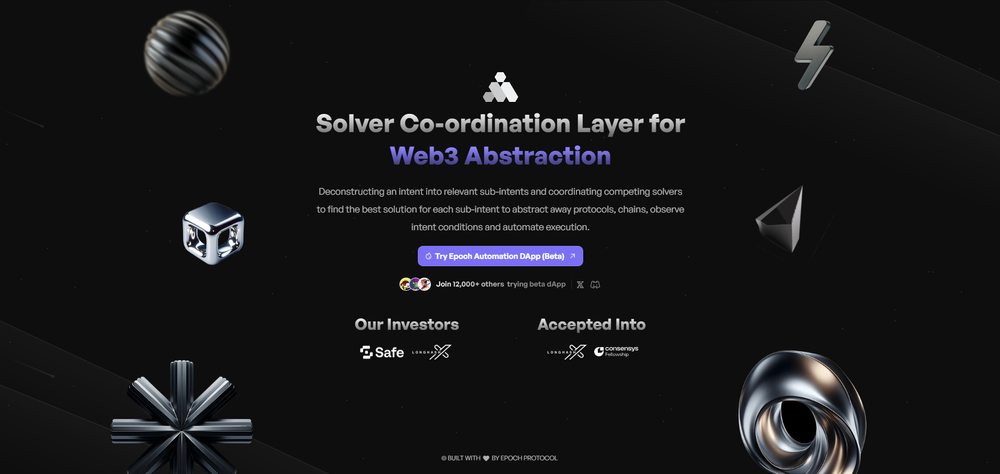
Epoch Protocol is an Intent-Centric Abstraction Layer for Web3, designed to simplify and automate user interactions across multiple blockchain networks, protocols, and bridges in a non-custodial manner. It aims to address the complexities users and developers face in the decentralized ecosystem by abstracting, aggregating, and automating user intents with the help of AI and a network of intent solvers.
- Intent-Centric: Focuses on simplifying user interactions by handling intents across various blockchain networks.
- AI Integration: Uses AI to set context and solve user intents, automating processes.
- Decentralized Operations: Operates in a non-custodial manner, ensuring users maintain control over their transactions.
- Multi-Chain Compatibility: Works across multiple blockchains, protocols, and bridges to execute transactions.
- Automation: Provides tools for recording and automating future actions within the Web3 ecosystem.
- User Experience: Aims to reduce complexity for users navigating dApps and managing assets across different networks.
- Liquidity Aggregation: Seeks to address fragmented liquidity by aggregating transactions and interactions.
- Developer Friendly: Designed to ease integration for developers by abstracting away much of the complexity of multi-protocol interactions.
Kleo Network
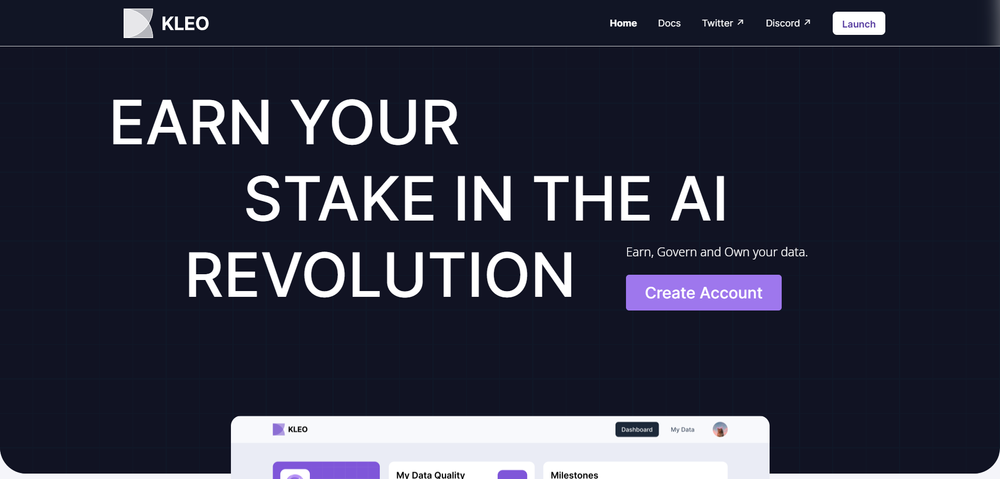
Kleo Network is a platform that leverages browsing history to build user profiles, aiming to create a social network where connections are based on shared online interests and behaviors. It uses zero-knowledge proofs for privacy, allowing users to share or monetize their data transparently.
- Identity and Trust via Consumption: Kleo Network leverages browsing history to build user profiles, fostering connections based on shared online interests.
- Decentralized Social Networking: Aims to create a social network where user interactions are based on transparent data sharing.
- Zero-Knowledge Proofs: Utilizes zero-knowledge proofs for privacy, allowing users to selectively share information without revealing the entirety of their browsing data.
- Token Rewards: Users are incentivized with $KLEO tokens for sharing their data, potentially randomized within limits based on the type of data and usage intent.
- Chrome Extension Tool: Provides a tool for users to manage their data sharing preferences with a simple interface similar to cookie management.
- Community Building: Encourages community interaction through shared interests, aiming to connect like-minded individuals.
- Data Ownership: Users maintain control over their data, which is stored in decentralized systems like IPFS or Arweave, ensuring privacy and ownership.
- Transparent Data Collection: Kleo Network emphasizes transparency in data handling, allowing users to see what data is collected.
- Developer Resources: Offers tools for developers to personalize websites, potentially integrating user data preferences.
- Incentivizing Participation: By rewarding users with tokens, Kleo Network aims to increase user engagement and data sharing for mutual benefits.
Site is now offline as of 8/3/2025
Gameland
Gameland appears to be a decentralized platform focused on Web3 game development, utilizing AI multi-agent technology to enhance innovation and efficiency in creating and launching games. It has been recognized in the BNB Chain MVB program and aims to serve as a launchpad for AI agents in gaming, facilitating a marketplace for game developers.
- Decentralized Gaming: Focuses on creating a decentralized platform for Web3 game development.
- AI Integration: Utilizes AI multi-agent technology to drive innovation in game development.
- BNB Chain MVB Program: Has been part of the BNB Chain's Most Valuable Builder (MVB) program, indicating recognition in the blockchain gaming community.
- Game Launchpad: Acts as a launchpad for AI agents, potentially offering tools and resources for game developers to launch and promote their games.
- Community Engagement: Active on social platforms like X, engaging with the gaming and blockchain community to share updates and insights.
- Innovation in Gaming: Aims to bring efficiency and new mechanics to game creation through AI technology.
Axal
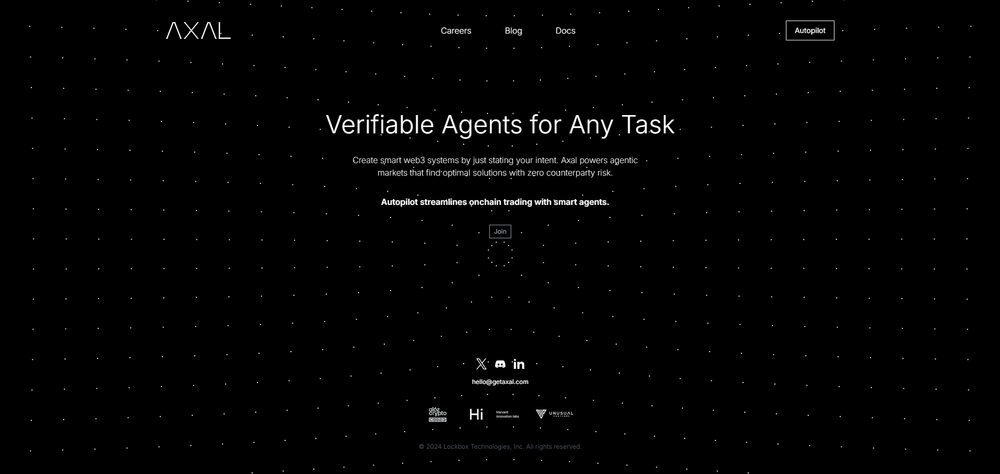
Axal is a platform that enables the creation of smart Web3 systems by simplifying user intent into actionable solutions. It leverages agentic markets to find optimal outcomes with no counterparty risk and introduces features like Autopilot for automated on-chain trading via intelligent agents.
- Autonomous Agents: Axal is developing a network for verifiable autonomous agents.
- Autopilot Feature: Introduces an "Autopilot" system for automated trading, capable of handling portfolio rebalancing and yield harvesting across different blockchains rapidly.
- Funding: Secured $2.5 million in pre-seed funding led by CMT Digital to advance its mission.
- User Engagement: Users express anticipation for tools like Autopilot to manage their trading activities more efficiently.
- Community and Development Updates: Axal shares progress and engages with its community through posts, including sneak peeks of upcoming features and partnerships with other entities in the blockchain space.
Yoki Finance
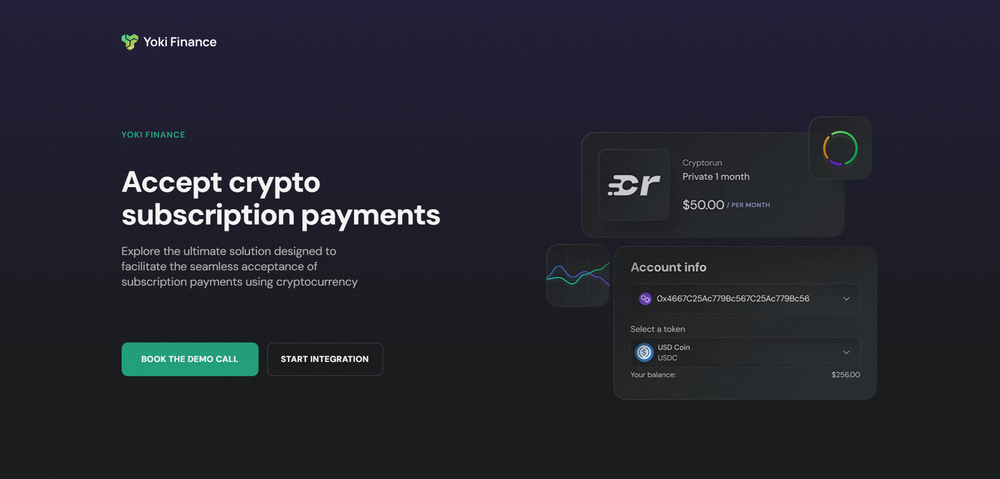
Yoki Finance is a Web3 platform designed to automate recurring cryptocurrency payments. It provides a decentralized, non-custodial solution for various subscription-based services, allowing users to manage and schedule token subscriptions easily. The platform aims to integrate the subscription model with blockchain technology, ensuring users maintain control over their funds while simplifying the process of recurring payments in the crypto space.
- Decentralized Recurring Payments: Yoki Finance provides a platform for automating recurring crypto payments without custody of user funds.
- User-Friendly Interface: Designed for ease of use, allowing users to set up and manage subscription payments effortlessly.
- Wide Applicability: Supports various use cases like SaaS subscriptions, content access, donations, and automated loan repayments.
- Customizable Solutions: Businesses can tailor payment solutions to meet different needs across industries, leveraging a shared set of smart contracts.
- Integration with Web3: Facilitates the shift towards a subscription economy within the Web3 ecosystem, emphasizing self-custody.
- Innovation in Payment Automation: Aims to blend the subscription model with blockchain technology for enhanced transparency and control over funds.
- Promotion of DCA Strategies: Offers tools for setting up Dollar-Cost Averaging (DCA) strategies, making crypto investment more accessible.
- Community Engagement: Engages with the community through platforms like X (formerly Twitter), sharing updates and integrations like $IOTX token.
- Beta and Launch Events: Has announced launches and offered early access to its DCA dApp, engaging the community with events and giveaways.
- Security and Trust: Emphasizes the "Not your keys - not your crypto" ethos, ensuring users maintain control over their assets.
Verida Network
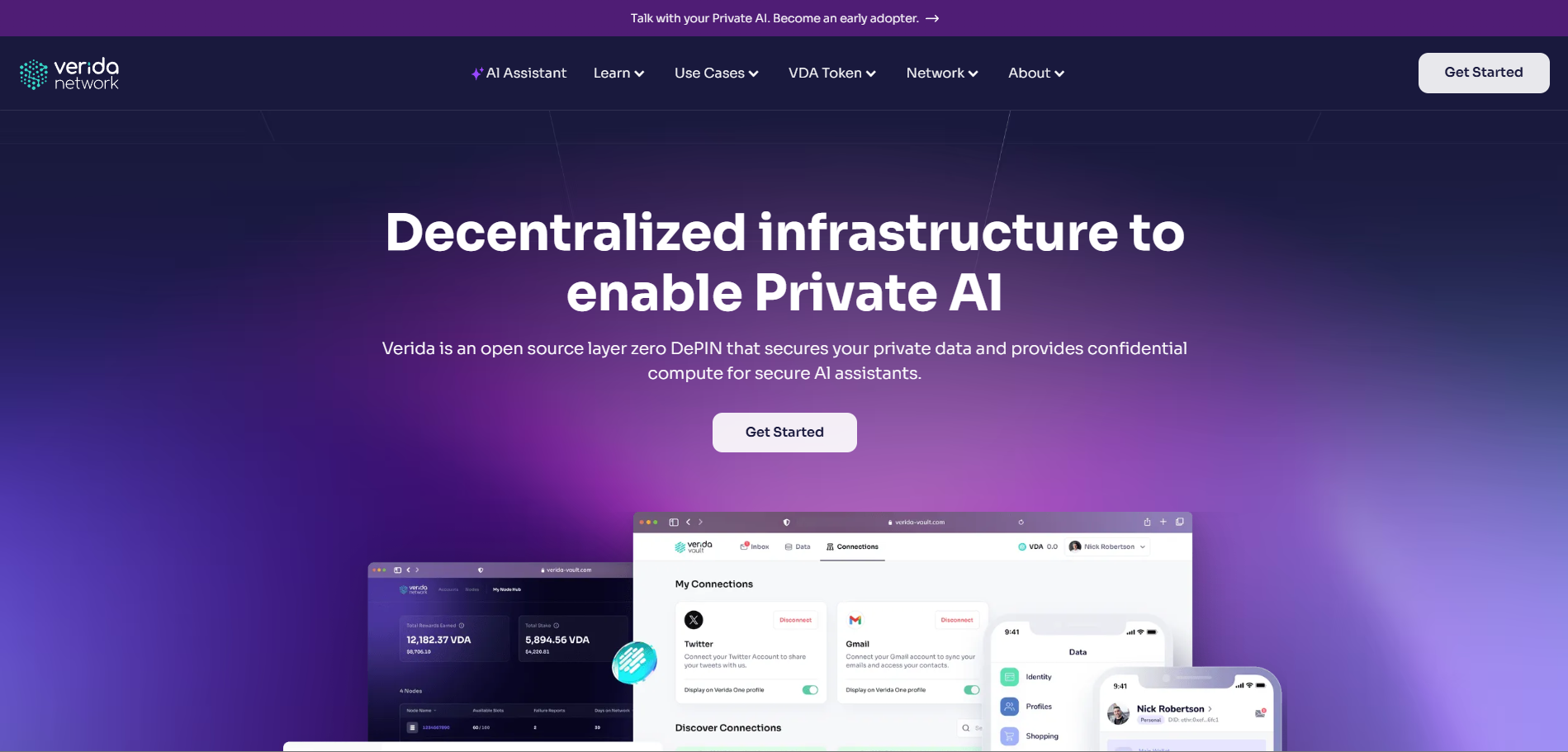
Verida Network is a decentralized platform focused on providing users with self-sovereign control over their private data through encrypted storage and confidential compute solutions. It serves as a layer zero decentralized physical infrastructure network (DePIN) that supports Web3 applications by allowing users to manage their digital identity securely, ensuring privacy and ownership of their data.
- Decentralized Identity and Data: Facilitates self-sovereign identity and data storage, allowing users to own and control their personal information.
- Privacy and Compliance: Ensures compliance with regulations like GDPR through secure, encrypted storage with options for region-aware data management.
- Multi-Chain Support: Supports multiple blockchains for interoperability, enhancing user experience across different ecosystems.
- Verida Wallet: Offers a mobile application for managing decentralized identities, zero-knowledge credentials, and cryptocurrency transactions.
- AI Integration: Provides infrastructure for AI applications to access personal data securely, maintaining user privacy.
- Decentralized Applications (dApps): Enables developers to build applications that leverage decentralized storage, identity, messaging, and single sign-on features.
- Community Engagement: Active on social platforms like X, engaging with the community on developments, partnerships, and airdrops.
- Token Economy: Utilizes the VDA token for storage credits, incentivizing participation and data storage within its network.
- Security: Employs zero-knowledge proofs and advanced encryption to protect user data privacy and security.
- Scalability and Performance: Designed to match the performance of traditional databases with real-time data synchronization capabilities.










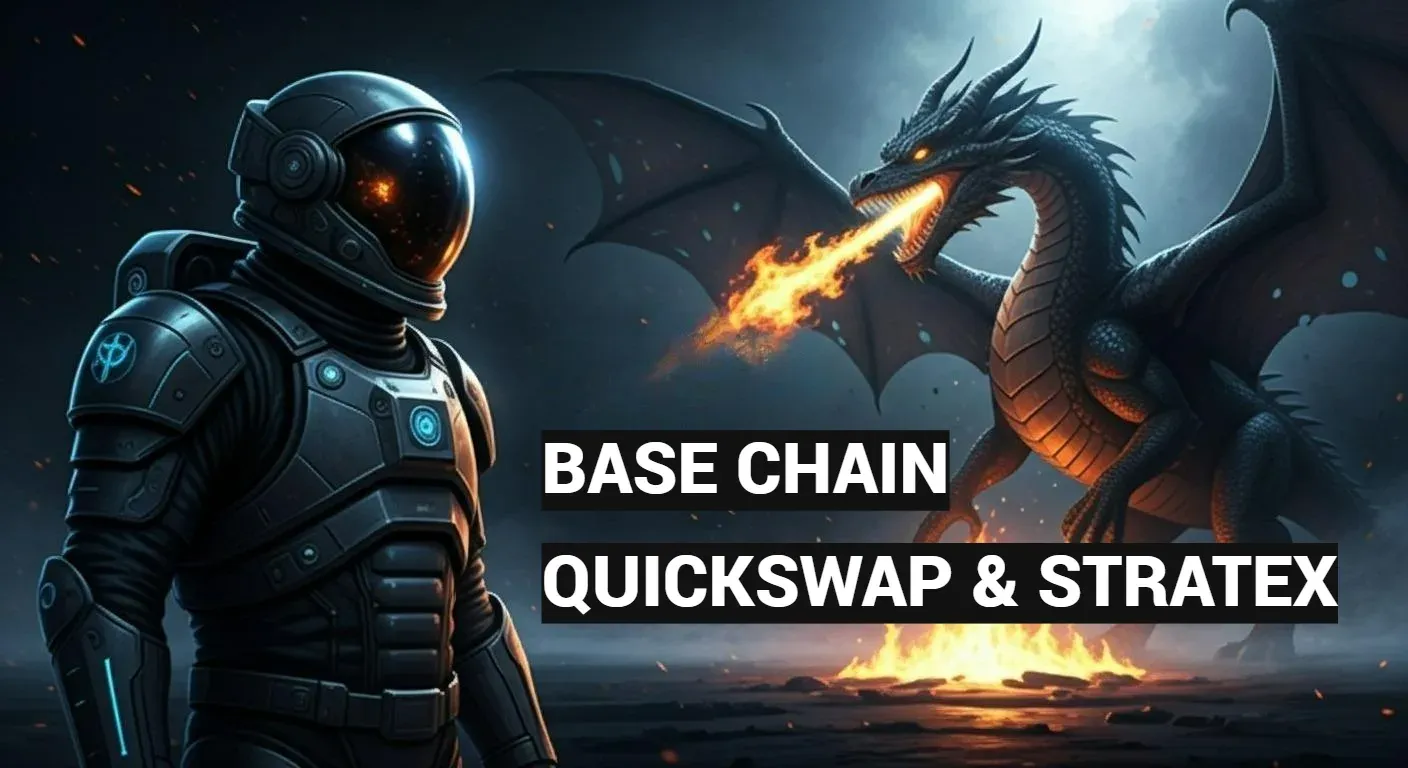
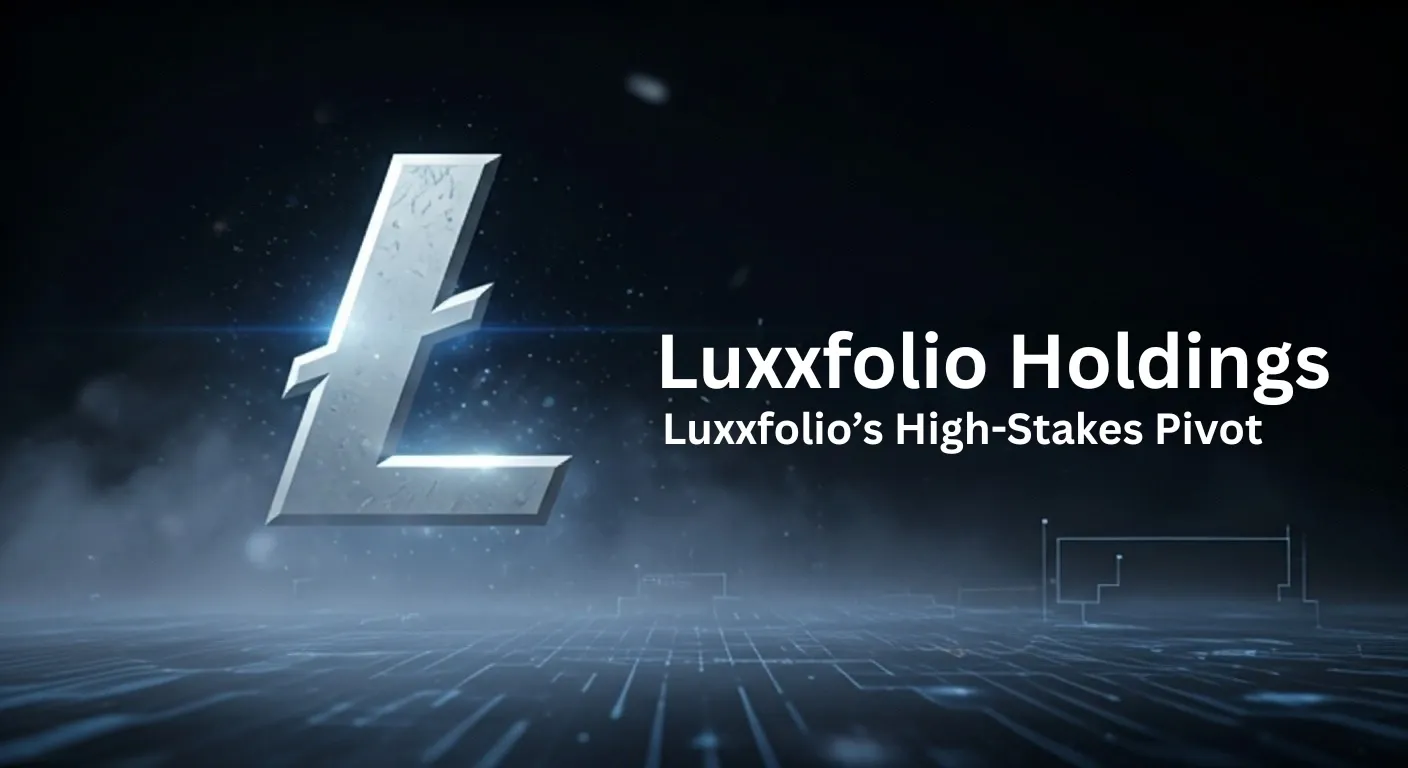

Discussion